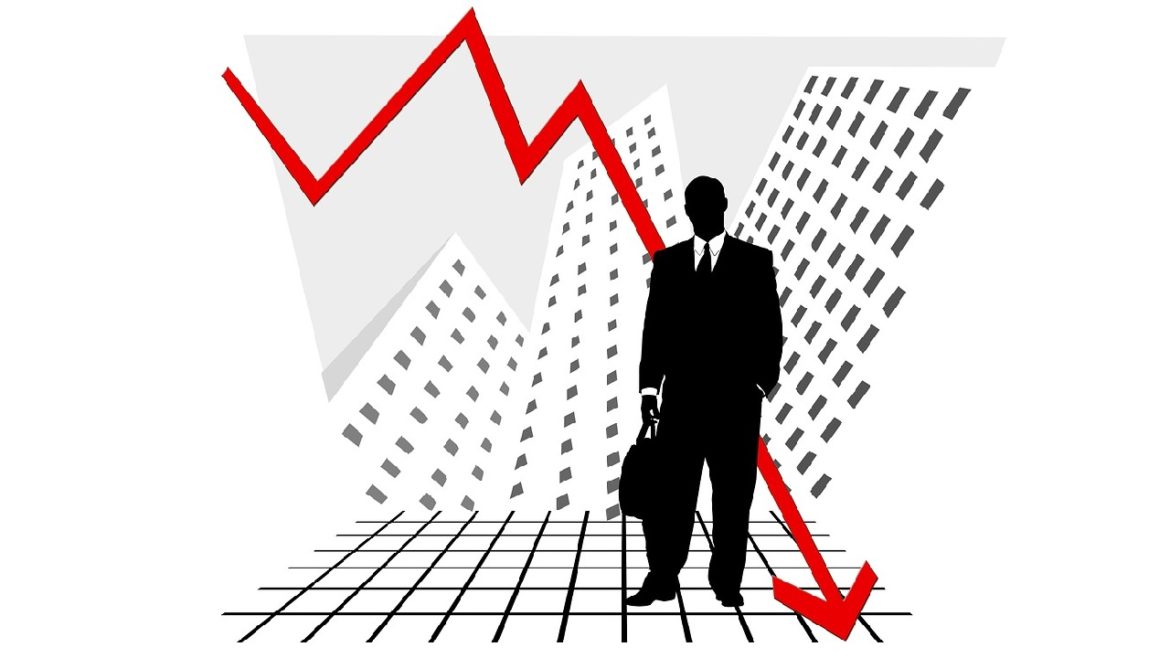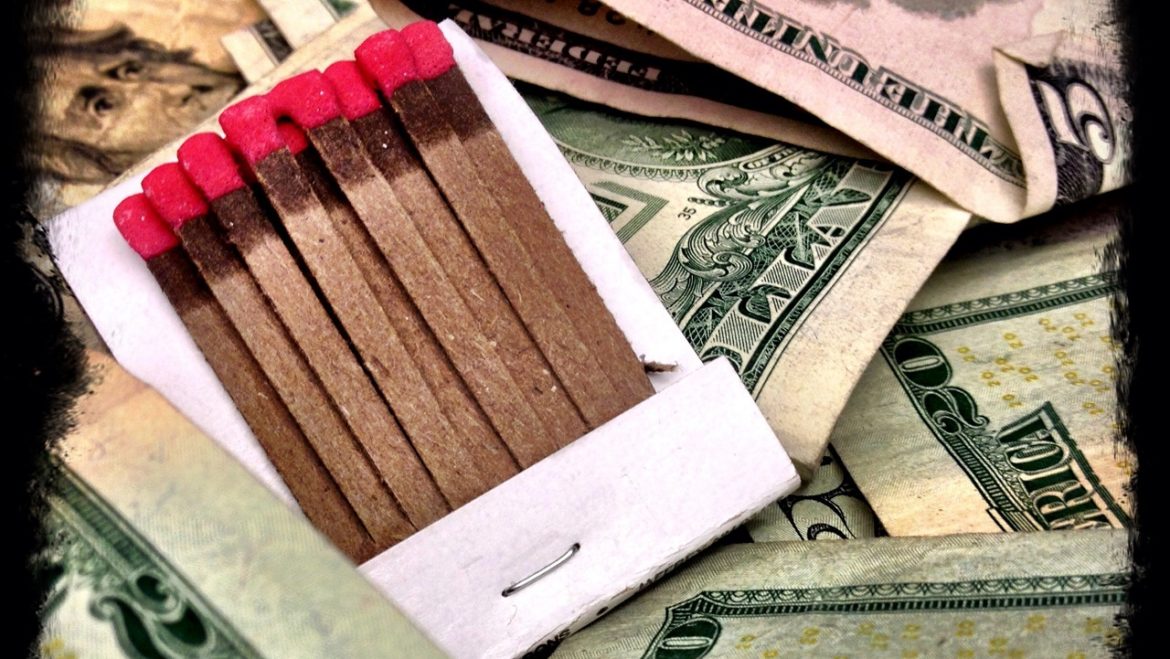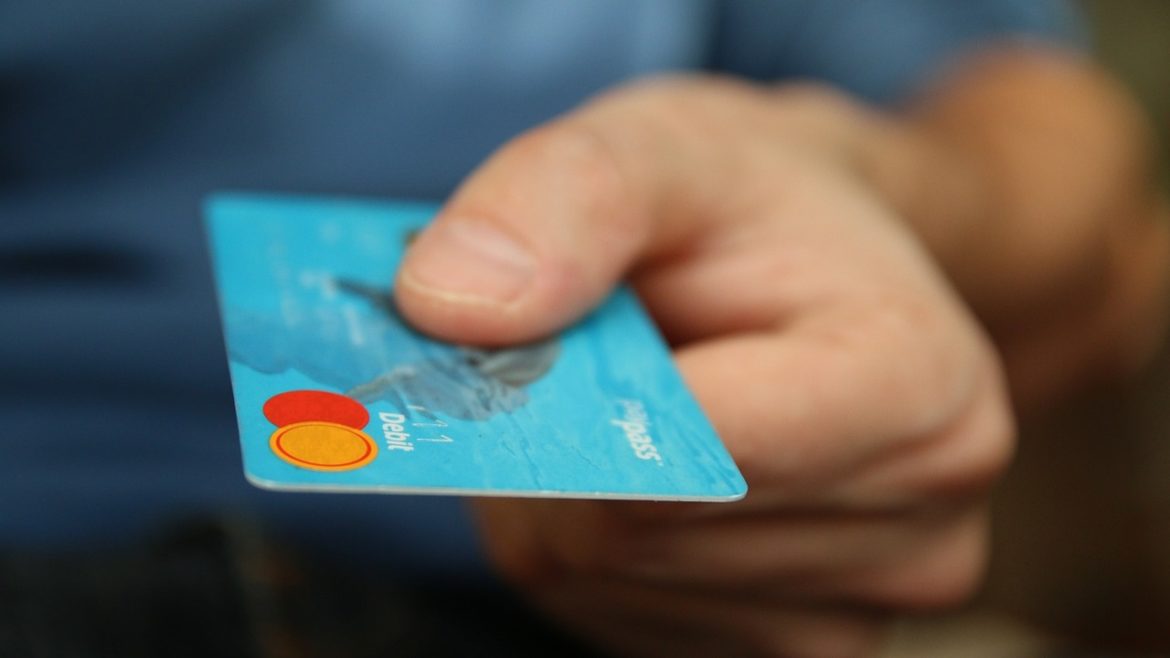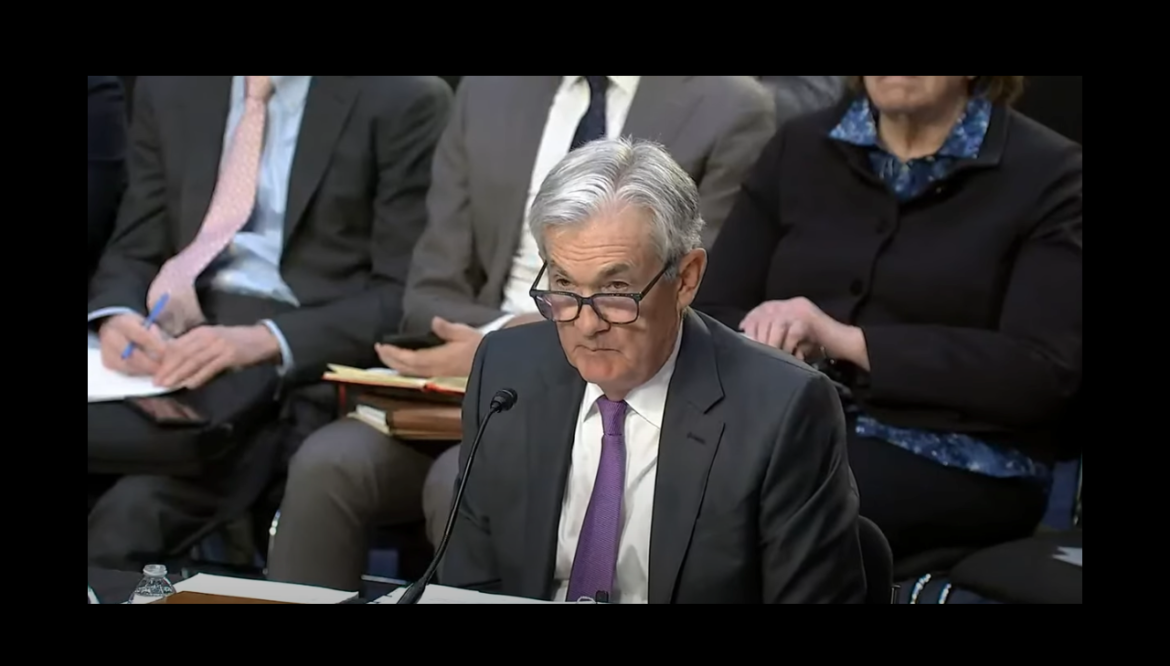Gold has all the potential to go unprecedentedly high. But silver will be gold on
Site:
Precious metals news
France's nationwide strike against a planned pension reform, which disrupted train services, shut schools and halted fuel deliveries, will spill into Wednesday as unions seek to force a government retreat on the deeply unpopular policy.
Japan logged its largest current account deficit ever in January as a combination of global slowdown and China's Lunar New Year holidays undermined the country's ability to earn from trade. The trade balance, a part of the current account, also hit a record deficit. The current account deficit, at 1.98 trillion yen ($14.43 billion), was more than double a median market...
Mar 8, 2023 - 05:45:26 PST
Recession — and layoff — fears loom large over many households. Nearly half of U.S. adults feel the country is already in a recession, a Morning Consult report found. Economists say the chance of a recession in the next 12 months is somewhere around 61%, according to a recent Wall Street Journal survey; while economists in a separate Bloomberg poll said it was more like a 70%.
 Millennials Are Sinking Under the Weight of Their Debts, Adding $3.8 Trillion Last Quarter
Millennials Are Sinking Under the Weight of Their Debts, Adding $3.8 Trillion Last QuarterMar 8, 2023 - 05:42:05 PST
Their demographic alone amassed nearly $4 trillion in debt in the fourth quarter of 2022, according to the Wall Street Journal's analysis of Federal Reserve Bank of New York data. This marks a 27% rise from late 2019 — the biggest jump of any age group — and it’s the fastest they’ve ever accumulated debt since the 2008 financial crisis.
The specter of peak oil that haunted global energy markets during the first decade of the 21st century is once again rearing its head.
 How Powell’s Surprise Rate Signal May Rip Through Asia Stocks, Currencies
How Powell’s Surprise Rate Signal May Rip Through Asia Stocks, CurrenciesMar 8, 2023 - 05:33:27 PST
Asian assets face selling pressure after Federal Reserve Chair Jerome Powell jolted investors with unexpectedly aggressive comments on the outlook for higher interest rates.
All of a sudden, the prospect of US rates hitting 6% is becoming real enough for investors to rethink their strategies.
 Investors Bet on Europe’s Inflation Matching US in Echo of Financial Crisis
Investors Bet on Europe’s Inflation Matching US in Echo of Financial CrisisMar 8, 2023 - 05:30:17 PST
For the first time since the global financial crisis, investors are betting long-term inflation in the euro area will match that of the US, underscoring the dramatic shift in the outlook for Europe recently.
Bond traders boosted bets that the Federal Reserve may re-accelerate the pace of rate increases at the policy meeting later this month, after central bank head Jerome Powell said he’s ready for faster monetary tightening if economic data justifies it.
Fannie Mae’s gauge of housing sentiment dropped 3.8 points in February to 58.0, falling close to its record low set last year.
 Higher Taxes May Not Be Enough to Save Medicare Without Program Cutbacks, Says Expert
Higher Taxes May Not Be Enough to Save Medicare Without Program Cutbacks, Says ExpertMar 8, 2023 - 05:26:37 PST
Higher taxes may not be enough to save Medicare, with program cutbacks needed to bring down rising costs, Doug Holtz-Eakin, President of the American Action Forum, tells Yahoo! Finance Live. The growing cost of Medicare and other social services is rising at a pace that's outstripping even ambitious tax programs, with rates of up to 7 percent per year, says Holtz-Eakin.
The bond market is doubling down on the prospect of a US recession after Federal Reserve Chair Jerome Powell warned of a return to bigger interest-rate hikes to cool inflation and the economy.
Stocks fell, the dollar hit multi-month highs and U.S. and German short-term bond yields were parked at their highest levels since at least 2008 as Federal Reserve chair Jerome Powell put big rate hikes back on the table to tame inflation.
During testimony on Capitol Hill, Federal Reserve Chairman Jerome Powell said the central bank may have to raise interest rates higher than previously expected to bring down price inflation.Despite the speed of Fed hiking and the enormous amount of debt in the US economy, most people in the mainstream seem convinced the central bank can keep hiking rates without breaking the economy.Economist Thorsten Polleit disagrees.
Every government policy has consequences - some intended and some unintended.There is at least one serious unintended consequence of the economic sanctions levied against Russia after its invasion of Ukraine - an erosion of the US dollar dominance.
In January, retail sales came in much hotter than expected. Now we know how consumers paid for the spending spree. They put it on credit cards.After slowing modestly in December, growth in revolving debt spiked again in January. But a slowdown in non-revolving credit moderated the overall increase in consumer debt.Overall, this signals a pretty bleak trajectory for the economy.
Federal Reserve Chairman Jerome Powell performed some "open mouth operations" on Capitol Hill Tuesday.Powell talked and the markets freaked out.
The drop in gold prices came after Powell spoke to US lawmakers on Tuesday, warning that the Federal Reserve may need to raise interest rates more than anticipated in response to the recent surge in strong economic data. He also suggested that if needed, the central bank could take larger steps to control inflation, a move that could come sooner than anticipated.
Mar 7, 2023 - 13:13:53 PST
Physical gold prices in Asia have been buoyant this week, with India seeing a rise in purchases and China experiencing healthy demand and fresh imports. In China, gold imports have been steadily flowing into the Free Trade Zone over the past few weeks, with quotas to import approved by the People's Bank of China, according to Bernard Sin, regional director at MKS PAMP.
Russia is one of the world's biggest holders of gold and is using its stockpile to skirt international sanctions.






